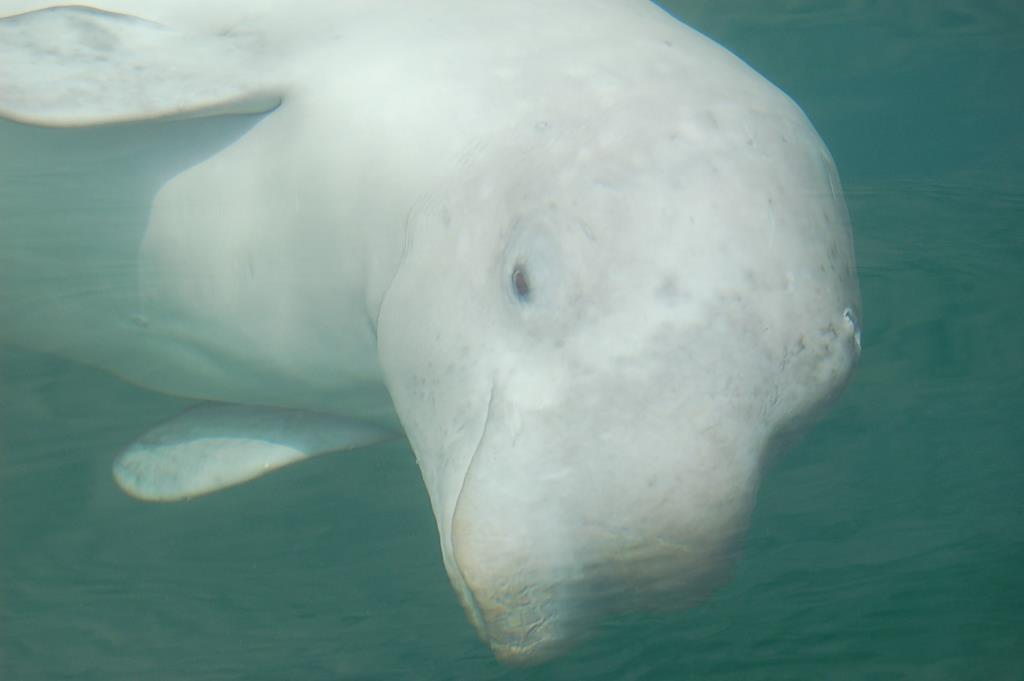SHERBROOKE, N.S.—A U.S.−based conservation group has chosen a site in Nova Scotia where it plans to build a kind of retirement home for whales raised in captivity.
The Whale Sanctuary Project announced today that it wants to provide a home for about eight whales in a 40−hectare inlet southeast of Sherbrooke, N.S., at Port Hilford, along the province’s rugged and lightly populated Eastern Shore.





